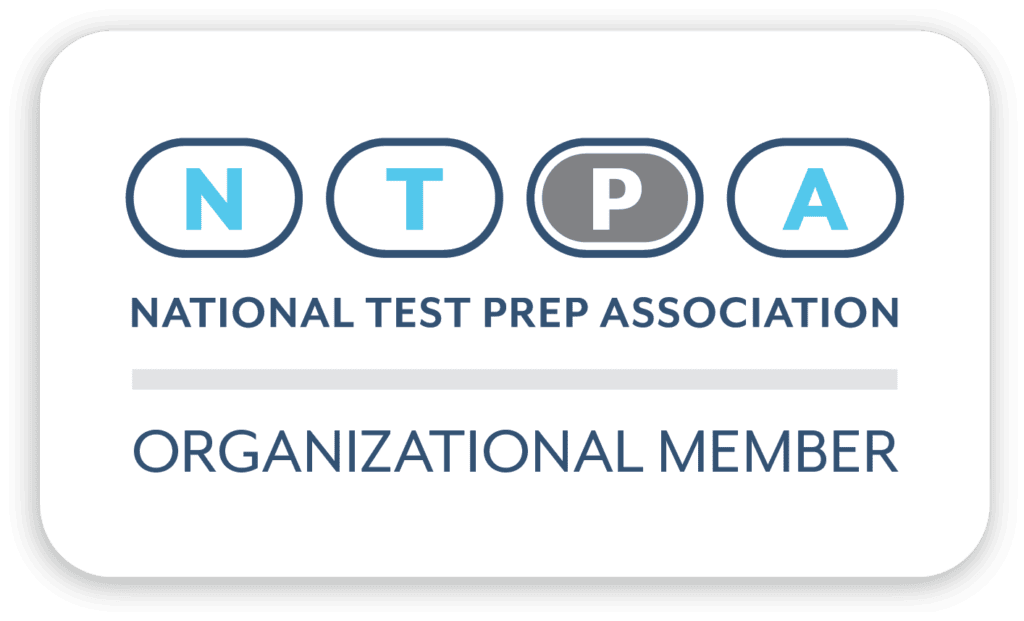The CollegeBoard has announced that the SAT is once again evolving: beginning in 2024, the test will be administered exclusively in a digital format, and it will now be adaptive by section (more on what that means in just a moment).
Will this affect me?
Before we dig into all of the details, let’s start by understanding who will be affected by these changes.
- If you or your student is a current Junior in high school (class of 2023), you will NOT be affected. Carry on.
- If you or your student is a current Sophomore in high school (class of 2024), you will NOT be affected. Carry On.
- If you or your student is a current First-year in high school (class of 2025) or younger, you WILL be affected. Read on!
What’s the biggest change?
The most significant change in experience of taking the SAT is that students will take the test exclusively on computers, using a digital exam application that they will download on their own device or a school-issued device. This application is built to endure internet outages and power outages without the loss of student data. The CollegeBoard asserts that a digitally administered SAT will increase test security and prevent future cheating scandals both in the United States and abroad. In addition to eliminating paper copies of the test, digital administration allows each student to receive a unique test form, which is crucial to the next biggest change: adaptive testing by section.
What is adaptive testing?
An adaptive test changes in response to a test-taker’s answers. The new SAT will be adaptive by module (or section), meaning individual questions won’t change, but the second module a student receives in each subject will be different in response to the results of the first module. The final structure of the test is likely to look something like this:
- Reading and Writing: Module 1
- Reading and Writing: Module 2 (Adapted in response to Module 1)
- Break
- Math: Module 1
- Math: Module 2 (Adapted in response to Module 1)
Adaptive tests allow for a more precise measure of students’ scores. The first module of each section identifies a student’s likely score range, then the second module presents the student with questions targeted specifically to their score range in order to more accurately calculate their actual skill level. Adaptive tests are more efficient because they are able to use test items that are more relevant to each student and thus avoid extraneous questions.
What else is changing?
There are a few natural upsides of digital tests. With the digital format of the new SAT, students will be able to:
- View (or hide) a timer that shows them how much time they have left in the module
- Use a Desmos graphing calculator on all questions (though students can still bring an approved calculator if they wish to do so)
- Receive their scores in a matter of days, not weeks
The CollegeBoard is also making changes to the architecture of the test as well as the questions themselves. The big changes here are:
- Thanks to adaptive testing, the length of the SAT will be 2 hours instead of 3
- The Reading and Writing sections will be merged into one section
- Instead of long passages with multiple questions, all Reading and Writing questions will be short excerpts paired with a single question
- There will no longer be a Question-And-Answer service that allows students to receive a copy of their test form along with their answer choices
What’s going to stay the same?
The SAT is indeed changing in some big ways, but the essence of the test will largely remain. The new, digital SAT will still:
- Test the same core content in Reading, Writing, and Math
- Use a 1600 point scoring system
- Include both multiple-choice and student produced responses in the Math section
- Require that students take the test in an approved testing center – there will not be an ‘at home’ SAT
When will these changes happen?
The CollegeBoard is implementing these changes on international tests beginning in 2023. The first time these changes will be seen in the United States will be on the PSAT in October 2023, and the full transition to the digital SAT will take place in March of 2024. It is possible that these dates will change, but students should anticipate that the Spring of 2024 will mark the beginning of the era of the digital SAT.
How should students who will be affected by the change prepare?
There is nothing that students need to do right now to begin to prepare for the digital SAT. The first practice material will be available in the fall of 2022, at which point it will be a good idea for students to spend some time getting accustomed to the interface and the tools that they will have at their disposal.
We expect that most students will still want to take a diagnostic SAT and a diagnostic ACT to determine which test is a better fit for them. However, some students will choose to take the ACT because it will be a more reliable test to prepare for, there will be more practice material available, and it will (likely) still be administered with pencil-and-paper.
When the time comes for your student to decide which test to take, Open Door Education will be eager to help you make a thoughtful, data-informed decision that ensures that they are choosing the right test for them.
What do we still not know?
The only constant is change, and a lot can happen between now and when the new SAT is scheduled to be implemented. Here are a few questions that are on our mind:
- How will the CollegeBoard handle accommodations for students with learning differences?
- At what frequency will students be able to sit for an official test?
- How will the CollegeBoard ensure equal access to testing for students at schools that do not have the resources to provide each student with a device?
- How will colleges view the new SAT?
- Will the ACT follow suit and go digital, or will it continue to offer pencil-and-paper tests?
We will continue to provide you with up-to-date information as we learn the answers to these questions and others. If YOU have a question about the new SAT, write to us at [email protected].
Sources:
https://newsroom.collegeboard.org/digital-sat-brings-student-friendly-changes-test-experience






